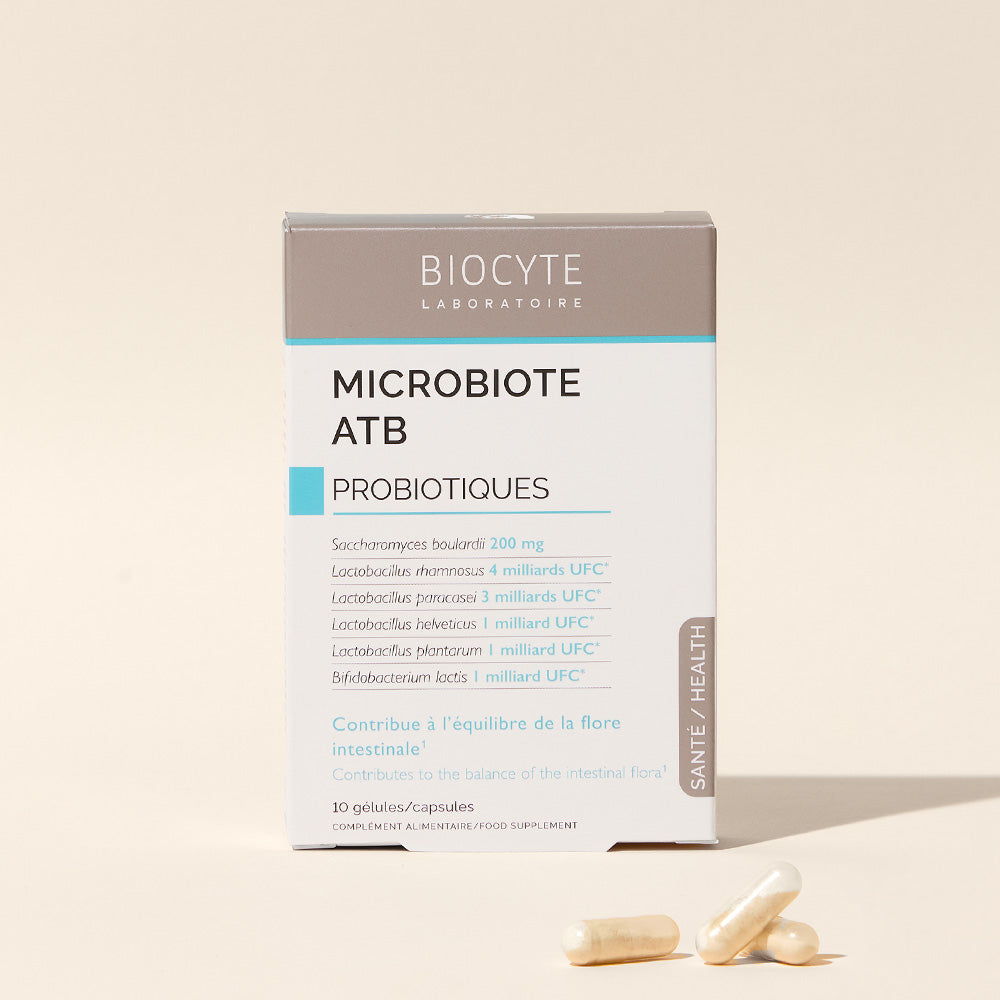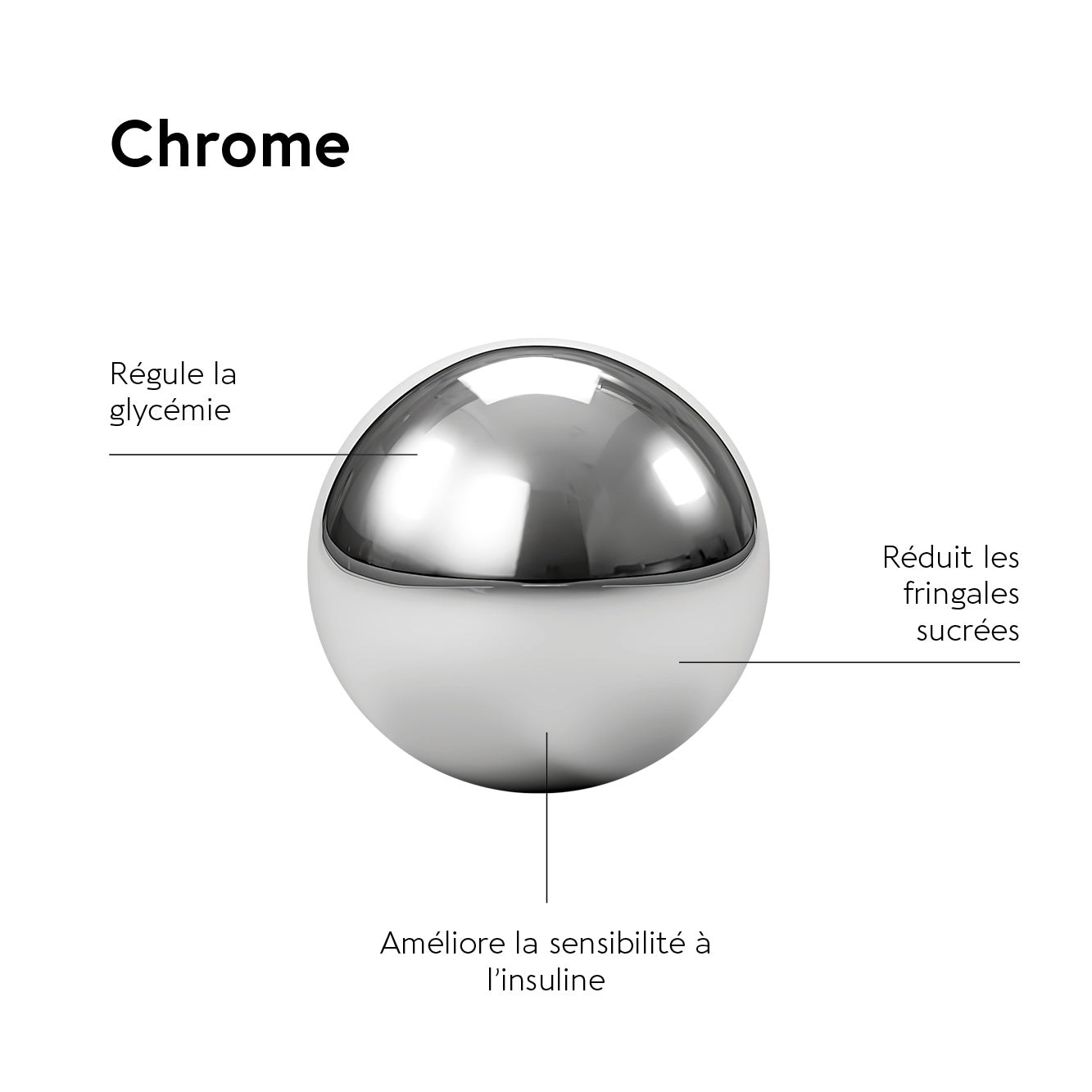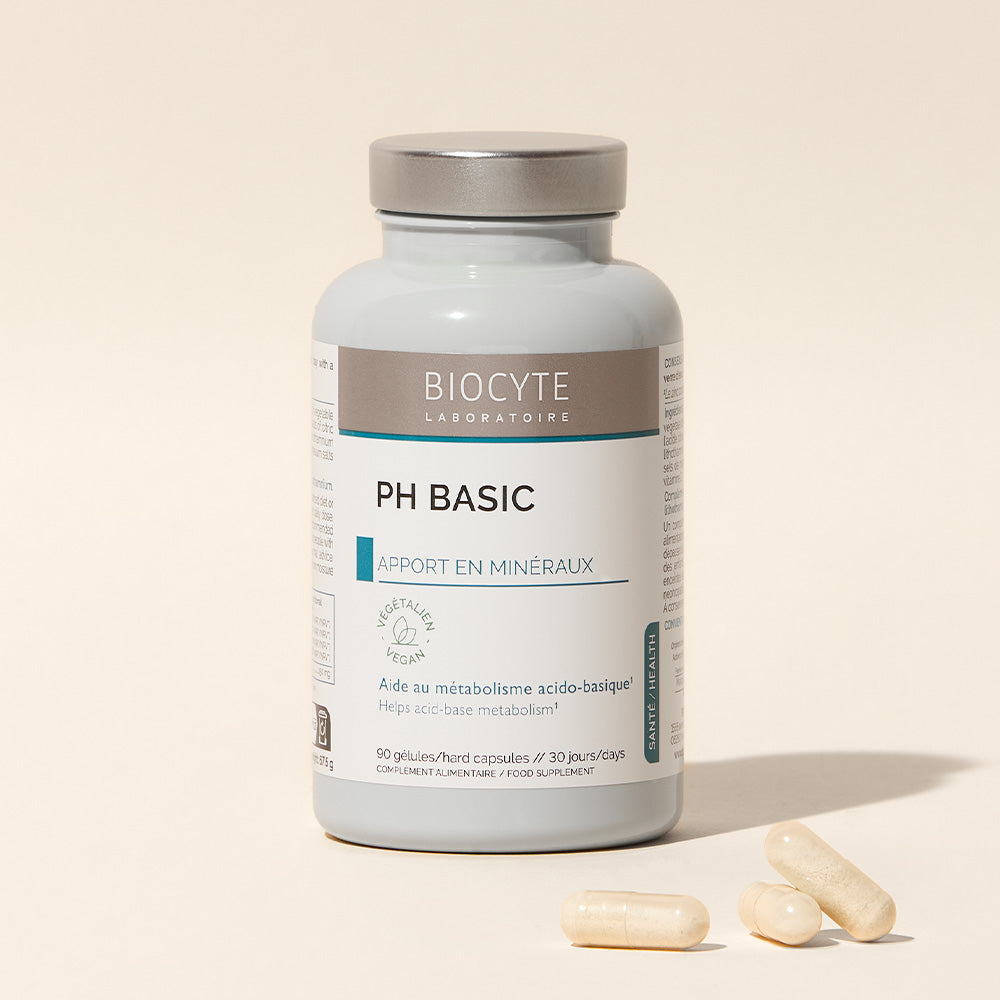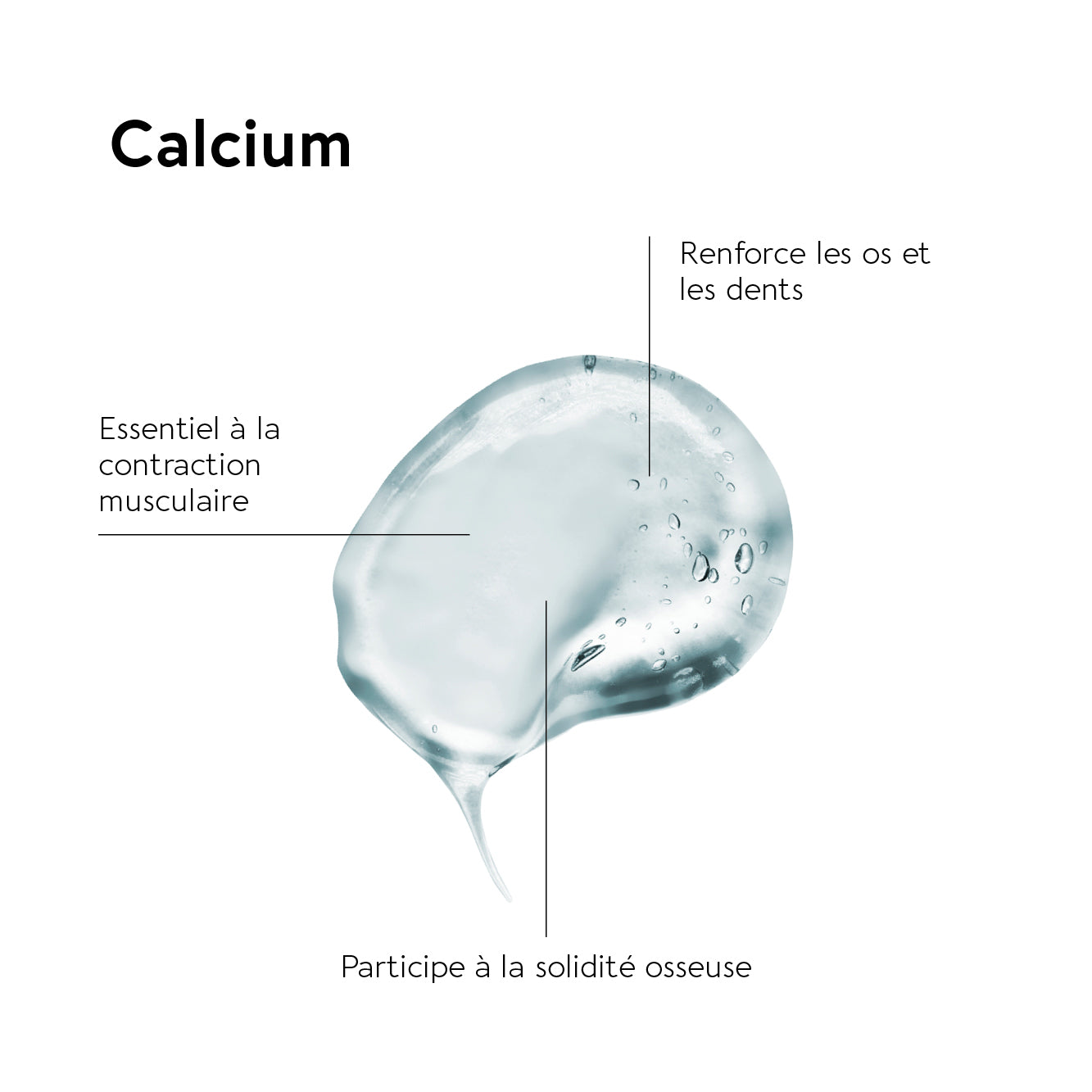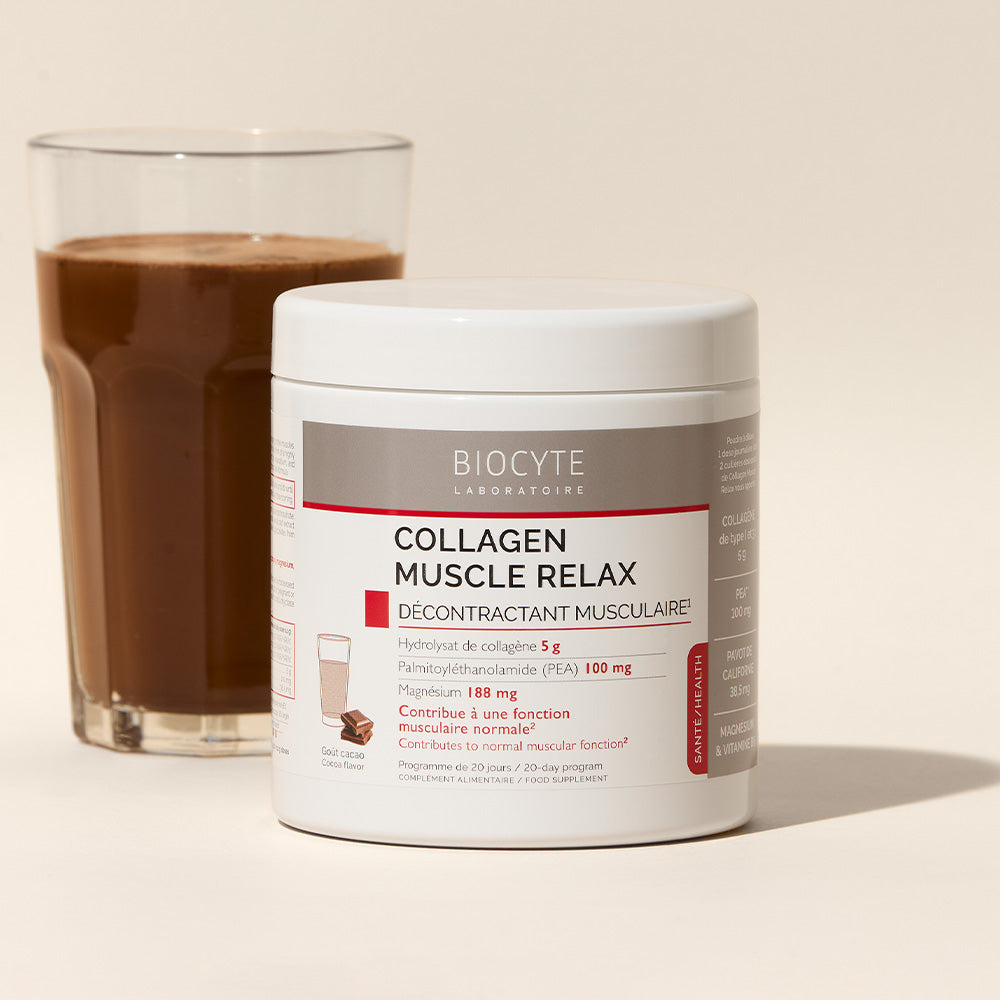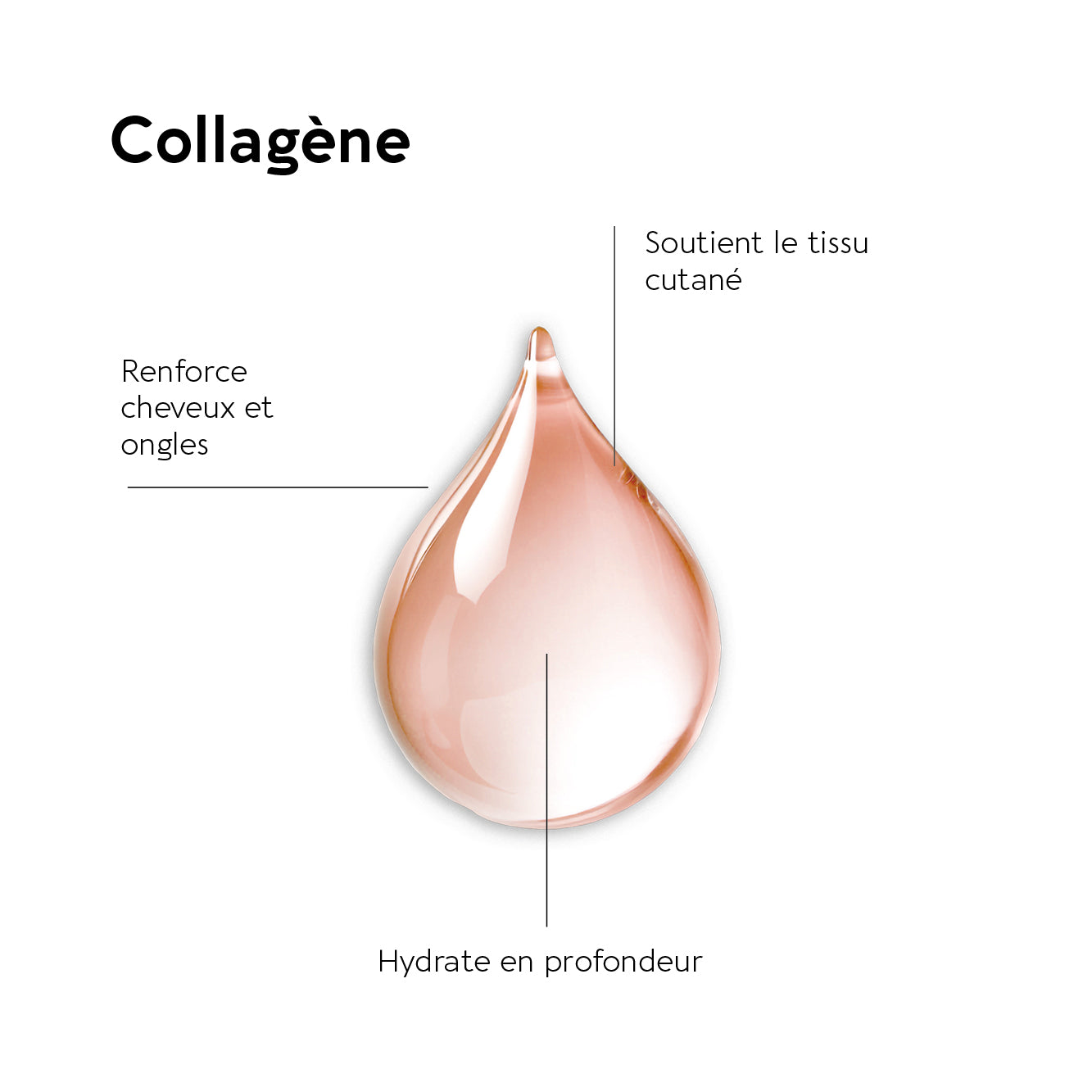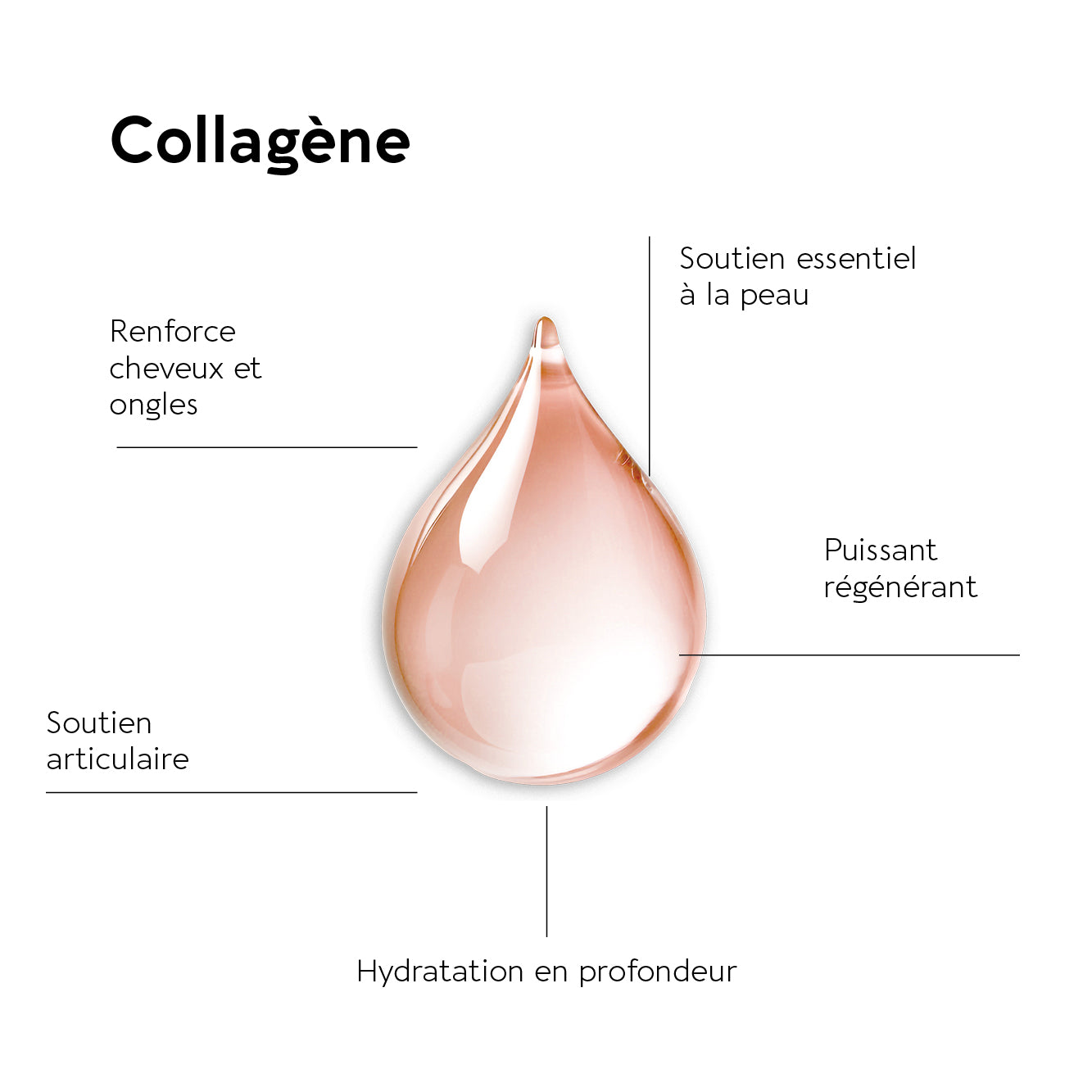What is a dietary supplement?
Dietary supplements are products designed to supplement the diet by providing essential nutrients in various forms. They may contain vitamins, minerals, fatty acids, plant extracts, or even probiotics.
Definition and role of food supplements
A dietary supplement is a concentrated source of nutrients or other substances with a nutritional or physiological effect. They are used to address certain deficiencies, support the body during specific periods (fatigue, stress, indigestion), or improve overall well-being.
Why are they useful for the body?
Even with a balanced diet, it can be difficult to meet all nutritional needs. Several factors, such as lifestyle, stress, age, or specific periods (pregnancy, intensive exercise), can create increased needs for certain nutrients. Dietary supplements can then provide targeted support.
Different shapes available
Food supplements come in several forms, adapted to individual preferences and needs:
- Capsules and tablets: easy to dose and transport.
- Powders: ideal for rapid absorption, often used for proteins or superfoods.
- Liquids: perfect for rapid assimilation, especially for vitamins and plant extracts.
What nutrients are found in a dietary supplement?
Food supplements contain a wide variety of nutrients and active ingredients that are beneficial for health.
Essential vitamins and minerals
Among the most common are:
- Vitamin D: essential for immunity and bone health.
- Magnesium: essential for reducing fatigue and regulating stress.
- Zinc: an ally for the skin, the immune system and fertility.
Fatty acids and antioxidants
Some supplements are rich inomega-3, beneficial for the brain and heart. Others, like thecurcumin(extracted from turmeric), have powerful antioxidant and anti-inflammatory properties.
Probiotics and plant extracts
THEprobioticspromote the balance of the intestinal microbiota, while plant extracts such asginger, ginseng or ashwagandhasupport the body in the face of stress and fatigue.
What are the benefits of dietary supplements?
Dietary supplements play a key role in supporting physiological functions and overall well-being.
Support of physiological functions
Certain nutrients contribute to the proper functioning of the body:
- Immune system: vitamin C, zinc, probiotics.
- Digestion: digestive enzymes, probiotics, fibers.
- Vitality and energy: iron, B vitamins, coenzyme Q10.
Helps fill nutritional deficiencies
Deficiencies in iron, magnesium, vitamin D, and other nutrients are common. Supplements help maintain optimal balance, especially in cases of specific diets or increased needs.
Improved overall well-being
They can also act on thesleep(melatonin, magnesium), thestress management(rhodiola, ashwagandha), or even on theenergydaily (ginseng, B vitamins).
Dietary supplements and specific objectives
Some supplements are formulated to meet specific needs:
- Vitality and energy: magnesium, iron, B vitamins.
- Digestive health: probiotics, digestive enzymes, fibers.
- Beauty of skin and hair: collagen, zinc, biotin







